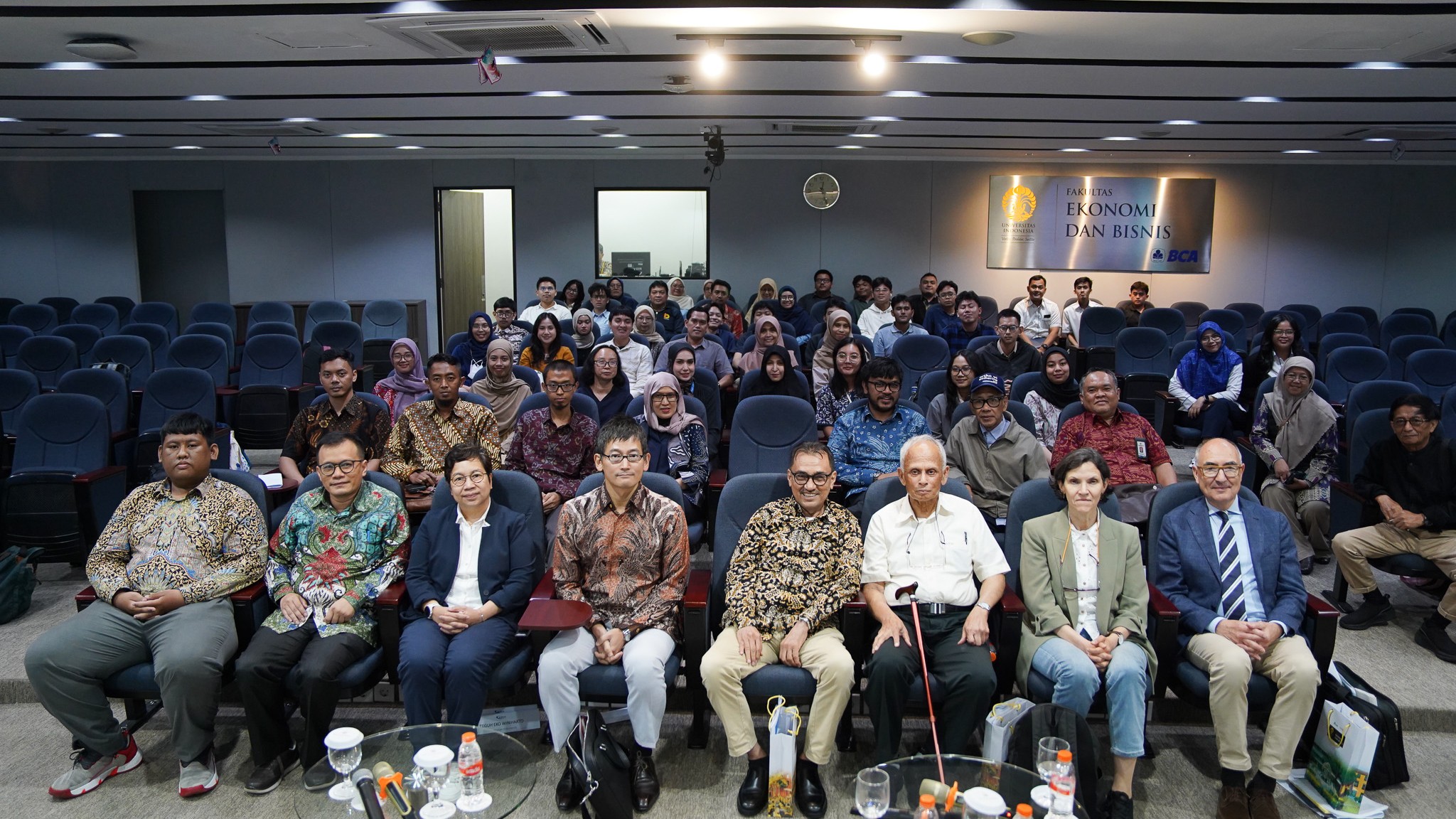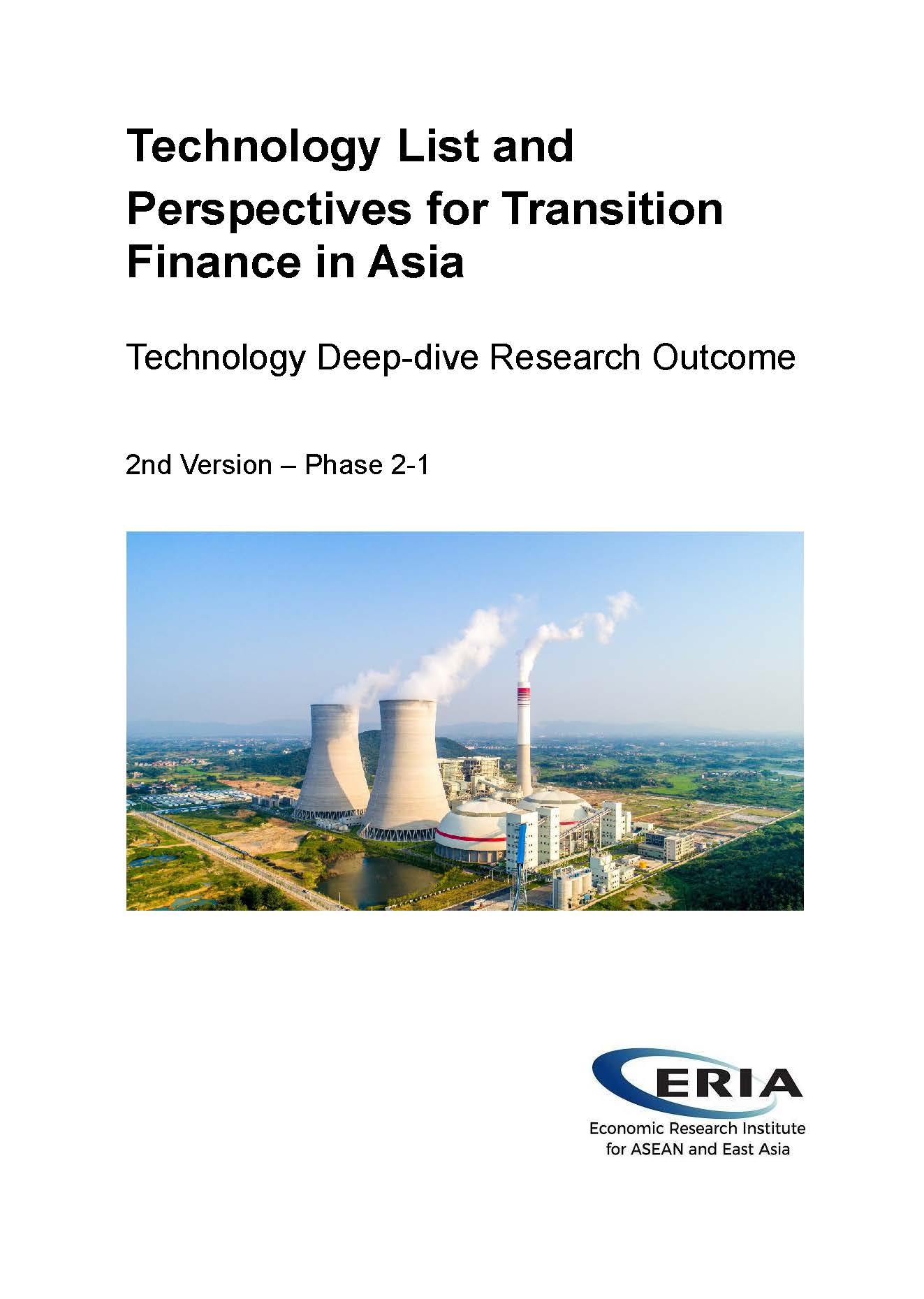Leveraging ESG: Paving the Path for Global Climate Finance at COP29
Date:
8 November 2024Category:
OpinionsTopics:
Climate Change, EnvironmentShare Article:
Print Article:
By Ayu Pratiwi Muyasyaroh, Research Associate: The 29th Conference of the Parties (COP29), set for 11 to 22 November 2024 in Baku, Azerbaijan, is fast approaching. This highly anticipated climate change conference is a must-attend event for a broad spectrum of stakeholders, from government leaders to grassroots organisations. Following decisions made at COP28, this year’s COP plays a crucial role in advancing climate commitments by accelerating adaptation and mitigation efforts. Amongst the many topics to be addressed, three key areas stand out: climate finance, adaptation and resilience, and the just transition.
The shift from a business-as-usual model to a low-carbon economy, adhering to the 1.5°C temperature target, is inevitable. However, this transition must be just, supported by substantial financial investment. As a result, COP29 is launching two key initiatives: the Climate Finance Action Fund (CFAF) and the Baku Initiative for Climate Finance, Investment, and Trade (BICFIT). CFAF aims to expedite public–private partnerships in climate finance, particularly for decarbonisation projects in developing countries. It seeks to mitigate the risks often associated with climate investments, which are frequently deemed too risky for private-sector involvement. According to COP29 Baku, Azerbaijan (n.d.), the fund will become operational once it secures its first billion US dollars and gains commitment from its ten member countries to become shareholders.
BICFIT, with a broader mandate than CFAF, is co-led by the COP29 Presidency, the United Nations Conference on Trade and Development (UNCTAD), and the United Nations Development Programme (UNDP), in collaboration with various partners. BICFIT aims to (i) mobilise climate funds from multilateral organisations, (ii) integrate climate finance with trade and investment, and (iii) direct public and private funds towards developing countries. Both CFAF and BICFIT offer promising pathways for global cooperation, promoting the adoption of clean technologies, enhancing climate resilience, and fostering technological innovation needed for a just transition.
Two years ago, at COP27, the High-Level Expert Group on Climate Finance (IHLEG) was tasked with evaluating whether existing climate finance could effectively support the Sustainable Development Goals while keeping global temperature increases well below 2°C, ideally around 1.5°C – particularly critical for small island developing states. It was projected that by 2030, an annual investment of US$5.4 trillion would be required for climate and sustainable projects in emerging markets and developing countries (EMDCs), excluding China. This underscores a significant shortfall in global climate funding, with a gap of US$3 trillion annually in these countries. According to IHLEG's second report, while global climate finance has tripled over the past decade, it still accounts for only about 1% of global GDP. Moreover, the distribution of climate finance remains uneven, with most investments concentrated in developed economies, limiting private-sector involvement in developing countries.
To increase private sector participation in climate initiatives in EMDCs, it is essential to bolster support for COP29's upcoming sustainability instruments – CFAF and BICFIT. Leveraging environmental, social, and governance (ESG) metrics offers a significant opportunity in this regard. ESG, once a framework, has evolved into a key business strategy, widely adopted by major companies such as Microsoft and Accenture. This approach shifts away from the traditional view that sustainability comes at the expense of profits. Instead, ESG shows that sustainability can be a core driver of profitability.
Various studies have explored the correlation between positive ESG trends and strong business performance. For example, Liu et al. (2023) examined ESG's impact on the Japanese stock market during the COVID-19 pandemic. D’Amato et al. (2022) assessed the relationship between ESG scores and company profits across 17 European countries, while Dalal and Thaker (2019) investigated how ESG factors affect the assets and market value of public companies in India. These studies consistently demonstrate that high ESG scores boost business performance, largely due to the enhanced reputation that strong ESG ratings provide. Such ratings signal a company’s ability to manage environmental and social risks, as well as respond effectively to uncertain situations like COVID-19. Consequently, this fosters greater trust from both investors and the public.
By using ESG metrics to drive decarbonisation efforts, companies can align their operations with global climate goals. This approach not only strengthens public trust but also attracts investment, thereby accelerating progress towards COP29's objectives and fostering a more sustainable future.
This opinion piece was written by ERIA's Research Associate, Ayu Pratiwi Muyasyaroh, Research Associate, and has been published in The Manila Times. Click here to subscribe to the monthly newsletter.
Disclaimer: The views expressed are purely those of the authors and may not in any circumstances be regarded as stating an official position of the Economic Research Institute for ASEAN and East Asia.







